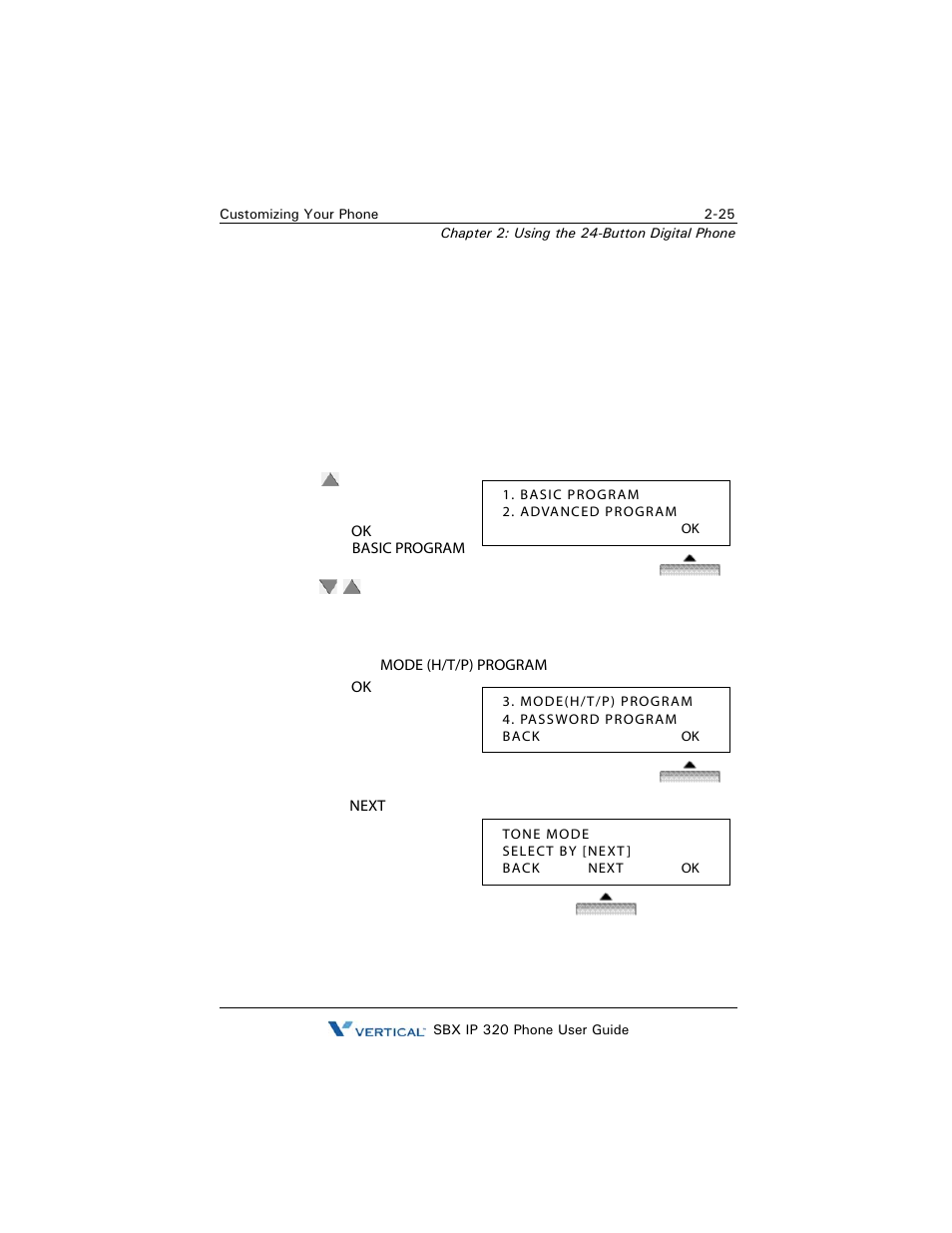

In most cases this will not harm the system but if you have an older system you run the risk of losing programming if it is not holding memory. Phone systems may lock up just like a computer from time to time and need to be reset. Other systems you can simply hit the power switch on and off or unplug it and plug it back in. A phone system is controlled by a processor. You can test this by bypassing the battery backup and plugging your phone system directly into the outlet.Īnother thing that you can try is to do a power cycle on the phone system. If your phone system is plugged into a battery backup it may have gone bad. It may just be a tripped circuit breaker. If the unit is not getting power then check the outlet.

Most equipment will have led status indicators. You will need to go into the phone closet where your pbx/control unit is located and check to see that there is power. The first thing to check in this case is to make sure that you have power going to your system. That is, there is no display on the phone and you get no dial tone or intercom tone when you try to make a call. Let's say you come into your office on Monday morning and your phone system is completely down. If the phone still does not work after replacing the set and the tail cord then you have a issue with the jack or port on the phone system and you will need to get a phone tech involved to fix it. If the replacement phone does not work try replacing the tail cord ( the cord running from the phone to wall jack). If the replacement phone works then you have a bad phone. You can troubleshoot by taking a known working phone and plugging it in where you have a problem. If your phone is completely dead but the other phones in the office are working you either have a bad phone, a bad line cord or a bad port on your phone system. A handset that has been dropped will have things rattling around inside. If a handset is dropped then it can be damaged easily. Coil cords ( the curly cord that goes between the handset and the phone) will wear out after a few years and need to be replaced anyway. If the problem goes away than all you need is a new handset and/or coil cord. Just go and take a handset and coil cord from a known working phone and plug it into the phone that has the problem. If your phone is cutting in and out or if you cannot hear or the other party cannot hear you then you may have a problem with your handset or coil cord. If the problem is not occurring at that point then you will have an issue with your equipment. If the problem is still occurring then this proves it is the dial tone provider (carrier's) issue. The tech will connect to before the line gets to your phone system so he can troubleshoot the problem. What the tech will do is connect with a test set directly to the line at the point where the phone line comes into your office. If the carrier thinks it is not their issue then you will need to get a telecom technician on-site to troubleshoot. If you know the phone number in question you can call your provider and they can do some tests over the phone. If your phone system is up and running, you have a display on your phone and everything else is working such as the intercom and voice mail - a dead line is probably an issue with your dial tone provider. That is, the phone line is dead, has static on it or drops calls. We get a lot of calls from customers with dial tone problems. The last thing you want to do is to be scrambling around trying to find someone to fix your phones in an emergency. If you feel that you don't need a contract, at least have a good working relationship with a vendor that you trust. Rates vary depending on how old your phone equipment is and the size of the system. We keep parts in stock for the systems we cover so that we can respond quickly and efficiently.

Here at Atlantic Business Systems about a third of our customers are under contract. If you have an emergency, you will get priority response. A service contract is like an insurance policy. If your phone system is out of warranty, then I would recommend a service contract. Make sure that they are certified to work on the phone system you have.

The first step should be to find a reputable service provider in your area and have their information handy so you know who to call when you have a problem. Don't wait until your phone system is down to contact a service provider. It is important to have a game plan for when these problems occur. Nothing is worse than having your customers call you and not be able to get through. Phone problems can be very frustrating and costly for a business.


 0 kommentar(er)
0 kommentar(er)
